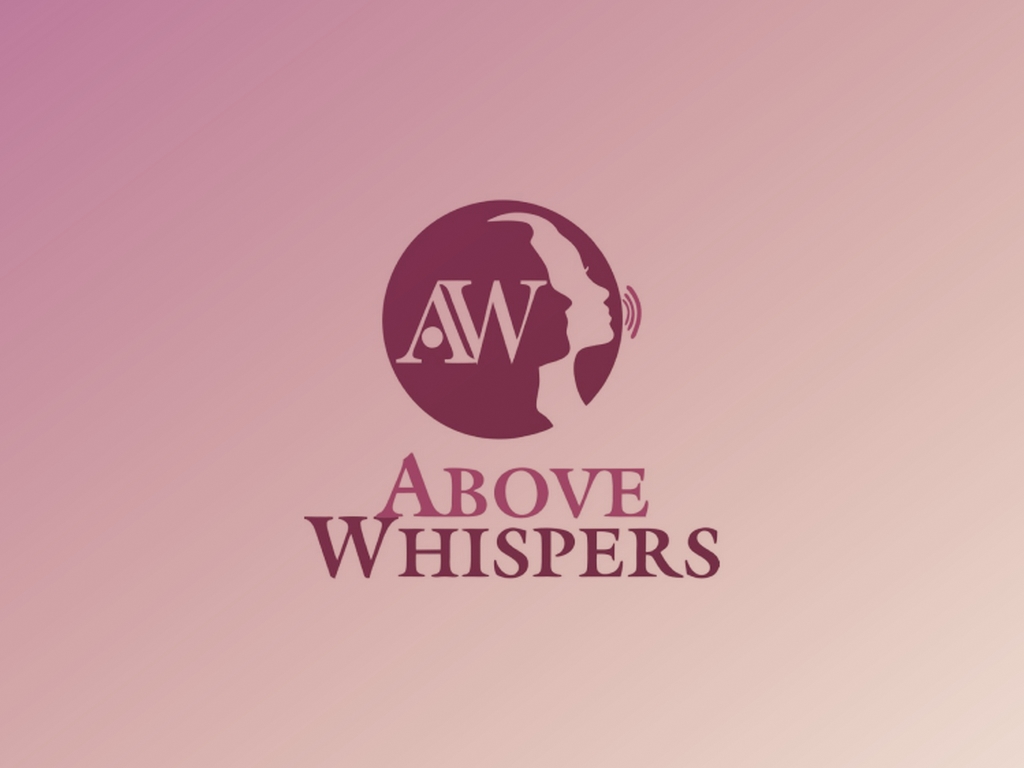I have a big milestone I am about to achieve in a week so I have been contemplative, taking stock, being reflective and facing some interesting findings. I will speak to this in my next offering.
If we think for a moment about the things that make us who we are, what would come to mind? Is it our relationships with friends and family, the things we own, our values? What makes you uniquely you? Is it your identity about your roles in life (wife, mother, and boss)? Or is it something less easily labelled, a combination of your background, experiences, dreams, and aspirations?
While we are each unique, psychologists have determined that we fit into four categories of identity depending on the emphasis we place on different aspects of our lives. For some, our identity resides largely in our relationships with others, how we are reflected in the eyes of friends, colleagues and family tends to be how we identify as our true selfs. For others, our real identity is more private, bound up with our inner thoughts and feelings and perhaps rarely revealed to the wider world.
We can root our identity in other areas too; nationality, culture, or gender may define us more strongly than where we work or how many friends we have. Our true self may be intricately bound up with our partner’s; perhaps we feel most ourselves when we form an intimate connection. Where our identity lies depends partly on our temperament, our upbringing, the wider culture in which we were raised, and our early experiences.
While there are four distinct identity orientations; personal, social, collective and relational, there is no one that is better than the other. It’s important to be able to draw on the beneficial attributes of each type and to recognise when our identity may lean too heavily in one direction or another. For example, having a high social identity can be an asset; helping people to get along in life and at work, but this can come at the expense of a lack of personal identity. Balance is the key. It’s normal for your identity to rest most strongly in one or two of the four areas mentioned above. What’s important is whether these aspects are the ones you are happy with, and whether they are well represented in your life choices, through work, love and friendship.
Once you have a clearer picture of where your identity lies, you can work out whether you’re satisfied with your true self. Consider whether your identity is one that you’ve chosen, or one you’ve had forced upon you. Whatever your identity type, self-awareness is the key to making the right change. It has the ability to helping you break the genetic and cultural personality you may be disposed to if its not working for you.
By becoming more aware of the world around us and making small changes to our routine, we can transform our state of mind and our lives. Have you ever attended a conference or meeting where everyone breaks for lunch, and then returns to sit exactly in the same spot? Also after just a week living in a new place we will instinctively sit in one particular chair or we take the same route to work even if there are alternatives. Going through these consistent motions or activities gives our mind space to pursue other things. But it also allows our brain to become preoccupied with worry or asking the same question twice. Our concentration can be so good at playing truant we barely register its absence.
With so much to absorb, so much to do, we learn to find shortcuts and become, necessarily, less attentive to the world around us. But when we do take the time to become more aware, we become more efficient and creative and are able to turn life’s more mundane moments into exciting experiences.
The moment we give close attention to anything no matter how mundane, it can become a mysterious magnificent world itself. Mindless behaviours leave us prone to a single-minded, narrow self-image. We live in an attention deficit society, overwhelmed by information, in abeyance to technology. This makes the temptation to multi task great, and it can be difficult to attend to things individually. Experiment today or over the weekend where you can only do one thing at a time for an hour. See how that feels, and imagine what you miss out on when you are rushing around doing ten different things at the same time (even though you believe it’s out of necessity!).
To be mindless is to be outcome oriented, while being mindful is to relish the process rather than the outcome.
If ever there was a time to take back controls, its now. With credit crunches, job cuts it is precisely that mental agility and novel thinking that will help us find inventive, creative solutions through the turbulence. We are living in uncertain times and when uncertain we tend to stay tuned. It’s the perfect aperture for mindfulness. Recent economic events have startled us from our reverie, forcing us to take stock, take responsibility. We can choose to remain rigid, to fight change, to stay the same, waiting for our old life to resume. Or we can rub our eyes, reframe our reality and step out into new horizons.
Madness is doing the same thing over and over and expecting a different outcome!
Gloria Ogunbadejo writes a weekly column for Punch Newspaper. She is a Psychotherapist, a life coach, a holistic counsellor and an ordained Minister. She can be reached at Gloria@AboveWhispers.com
Copyright AboveWhispers.com
Permission to use quotations from this article is granted subject to appropriate credit being given to www.abovewhispers.com as the source.
As you engage, comment and discuss, Please abide by the in-house Code-of-Conduct for Above Whispers Community. Thank you.


2 Responses
This is on point with several points to take into conscious considerations
Interesting and knowledgeable…..